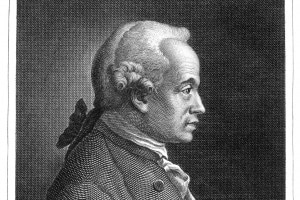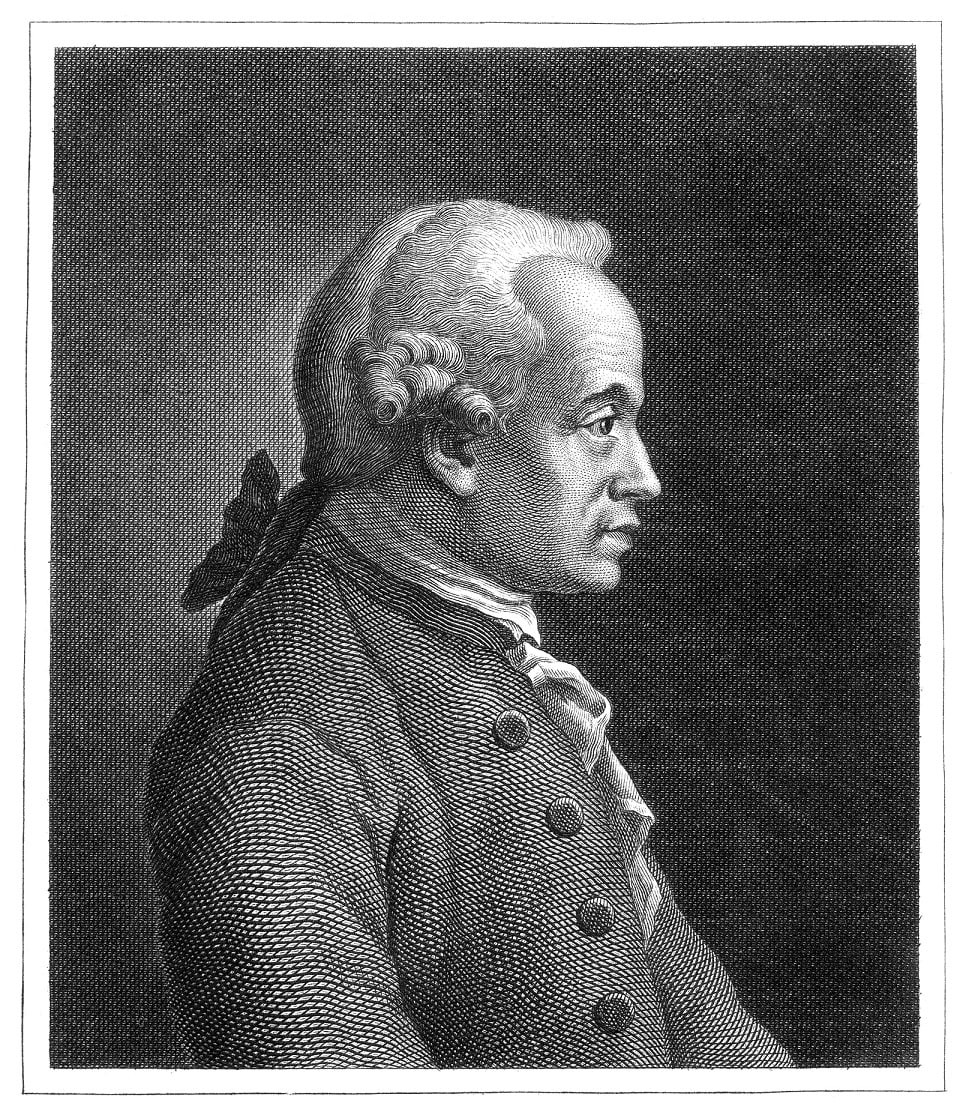Kantian Categories

What are Kantian Categories? –
source: Getty Images
to trace the meaning of it Immanuel Kant gave a concept CategoryWe must first understand what the philosopher meant Concept.
In the’Concept AnalyticsKant argues that visions are gods diseases (anything negative), while concepts are deities missioni.e. active processes capable of arranging and unifying different representations under a “common representation”.
Concepts, in turn, can be:
- experimentalor built with materials from experience
- pure (defined by categories), i.e. contained an introduction to the mind.
Immanuel Kant: Categories
There are 12 categories for Kant, even if the philosopher derives this figure from twelve types of rulings typical of Aristotelian formal logic, forgetting that his criticism was born to study the synthetic and constructive capacities of thought, and that the twelve types of rulings of traditional logic are derived from language. .
Notwithstanding this, Kant believes that he identified, by studying the categories, How the human mind works Which works on the contents of sensitive intuition and establishes stable relationships and relationships.
12 Categories of Kant
The twelve categories are divided into four groups:
- Quantity;
- Quality;
- Relationship;
- the situation.
Each group contains three categories. Categories Quantity I:
- plurality
- lonliness,
- perfection.
These are from Quality I:
- reality,
- denial,
- Determine
These are from Relationship I:
- the essence
- causation
- interoperability
These are from the situation I:
- possibility – impossibility,
- Existence – non-existence
- need to.
This strict Kantian classification is artificial, but the central intuition that drives the whole discourse is important: the intellectual categories are the constant rhythm of thought that commands and constructs the phenomenological world and provides us with a natural physical knowledge of a scientific genre. In this way, Kant achieves overcoming Hume.
those Relations Who considered Hume’s influence?usuallywhich thus remained convergent and subjective, and thus undermined the possibility of scientific knowledge, in Kant Relationships are necessarily pre-built by the mindwhich thus established a stable and reproducible network of phenomena.
In this way, Kant thinks he saved science, because he gave it one Global consistency and necessityeven if he realizes that the typical system of relations of science is not a fact in itself, independent of thought, as dogmatic rationality wanted, but rather a fabric managed by thought itself.
Thus, the natural world that we know and experience is not constituted as an absolute reality independent of us, but rather a reality that appears to us as it is because our thinking arranges it in these terms, according to the needs of the mind: Reality: thus appearancethat is, phenomenon, science Phenomenology.
Read also:

“Infuriatingly humble alcohol fanatic. Unapologetic beer practitioner. Analyst.”


